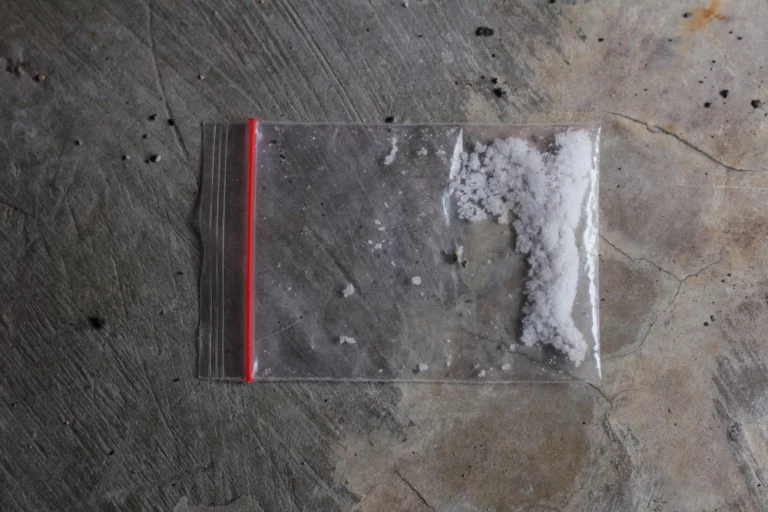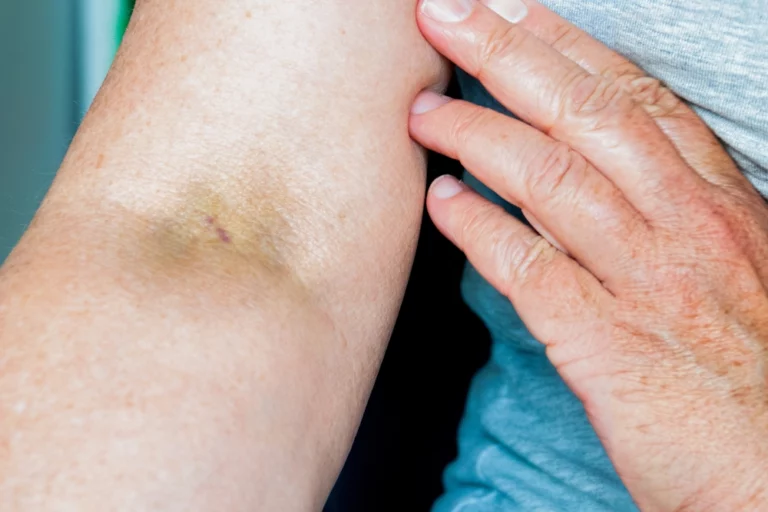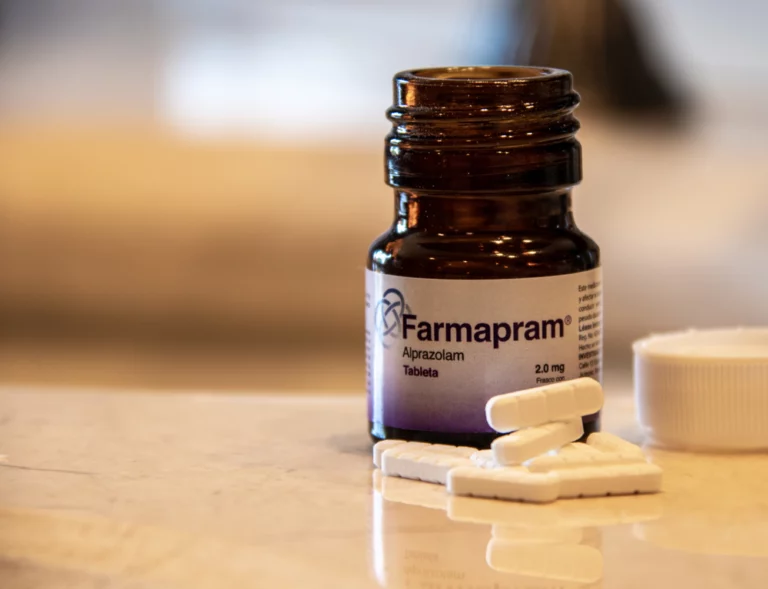Benefits of Keeping a Sobriety Journal During Addiction Treatment
Introducing a sobriety journal into an individual’s life during addiction treatment is not just a matter of putting pen to paper—it’s a powerful and transformative practice that can significantly benefit the journey to recovery. As addiction often involves complex emotional and mental factors, maintaining sobriety requires external support and a deep understanding of an individual’s thoughts, feelings, and triggers.
In this article, we will discuss what a sobriety journal is, the benefits of using a sobriety journal, and tips on how to journal effectively.

What is a Sobriety Journal?
A sobriety journal, often referred to as a sobriety diary or gratitude journal, is a personal record-keeping tool used by individuals in addiction treatment during the recovery process. It is a dedicated space where individuals can document their thoughts, feelings, experiences, and progress as they work towards maintaining sobriety and overcoming addiction. These journals can be a powerful tool utilized in addiction treatment as they allow individuals to fully document their process and any negative thoughts creatively.
Read More: 15 Mindful Group Activities For Adults in Recovery
Benefits of Using a Sobriety Journal
Sobriety journals can offer many benefits during the addiction recovery process. As individuals are undergoing medical detox, behavioral therapies, and aftercare support services, they may need an outlet to process these treatments. The benefits of journaling in recovery may vary from each individual, but there are some common benefits that everyone may experience. These benefits include self-reflection and awareness, tracking progress, having an emotional outlet, taking accountability, providing stress relief and anxiety management, and celebrating achievements in recovery.
Self-Reflection & Awareness
A sobriety journal encourages individuals to reflect on their emotions, triggers, and thought patterns. This heightened self-awareness is crucial for identifying potential relapse triggers and addressing underlying issues. It also provides a space for individuals to self-reflect on their past behavior and thoughts to see where these issues may arise from.
Tracking Progress
Keeping a record of sobriety milestones and progress can boost motivation and provide a sense of accomplishment. It also helps individuals see the positive changes they’ve made over time. By tracking their progress in the healing process, individuals can see how far they’ve come and how far they still need to go.
Emotional Outlet
Expressing emotions and feelings through journaling can be a therapeutic release, reducing emotional distress and aiding in emotional regulation. By utilizing a sobriety journal, individuals can process their complex emotions in a healthy way while having a creative outlet. This can help individuals face their mental health issues and understand the underlying causes of addiction.

Accountability
A sobriety journal helps individuals take responsibility for their actions and decisions, providing a clear record of their recovery journey, including setbacks and successes. As stated above, tracking progress within the recovery process can help individuals see the progress they have made. By seeing this progress, individuals are more likely to take accountability for their actions or when they have a setback in their recovery.
Stress Relief & Anxiety Management
Journaling can reduce stress and anxiety levels, offering a healthy outlet for processing and coping with challenging emotions. Writing about stressors, worries, and concerns can help individuals process and release tension, promoting emotional well-being and reducing the risk of turning to substances as a coping mechanism.
Celebrating Achievements
Keeping a sobriety journal allows individuals to celebrate their achievements, no matter how small. This positive reinforcement boosts self-esteem and motivation, reinforcing the desire to maintain sobriety. Celebrating achievements can help individuals achieve long-term recovery as they continuously hit milestones in their journey.
Learn More: Using AI in Therapy & Mental Health Treatment
Tips on Effective Journaling
While we now know the benefits of journaling in recovery, some individuals may be wondering how to begin journaling. It may initially seem overwhelming if you have not used a journal before. It is essential to understand how to properly journal to ensure individuals are getting the full benefits of it. Effective journaling is not just about putting pen to paper; it’s a deliberate practice that can help you gain insight, relieve stress, and track your progress. Some tips on how to effectively journal include the following:
- Set a Regular Schedule: Establish a consistent time for journaling, whether in the morning to set intentions for the day or in the evening to reflect on your experiences. Consistency makes journaling a habit.
- Choose the Right Medium: Some individuals prefer traditional handwritten journals, while others prefer digital options like apps or word processors. Use the medium that feels most comfortable and convenient for you.
- Start with a Purpose: Before you begin writing, think about why you want to journal. Are you tracking your sobriety progress, managing stress, or exploring your emotions? Having a clear purpose can guide your journaling session.
- Use Prompts: If an individual is unsure where to start, use journal prompts to stimulate your writing. Questions like “How do I feel today?” or “What challenges did I face?” can be excellent prompts to get you going.
- Focus on the Process, Not Perfection: Remember that journaling is a personal journey, not a writing assignment. There’s no need to worry about grammar, spelling, or style. The goal is self-expression and reflection.

Utilizing Journaling in Addiction Treatment at Oasis Recovery Center
Addiction treatment can be overwhelming and difficult for many individuals. While some individuals may use therapy or exercise as a way to process their thoughts and feelings, others may need a more creative outlet. This is where utilizing a sobriety journal comes in handy. By utilizing a sobriety journal, individuals can create their own safe place to process these emotions through expressive writing. If an individual is undergoing addiction treatment, it may be beneficial to them to use a sobriety journal.
At Oasis Recovery Center, we provide holistic, individualized, and mindfulness-based addiction treatment services to individuals suffering from mental health conditions and substance use disorders. We offer various experiential treatment therapies to our clients to ensure every need can be met. Through our addiction treatment programs, we aim to ensure long-term sobriety and to improve our clients’ quality of life.
If you or a loved one are needing addiction treatment services, contact us today to learn more about our treatment options.









